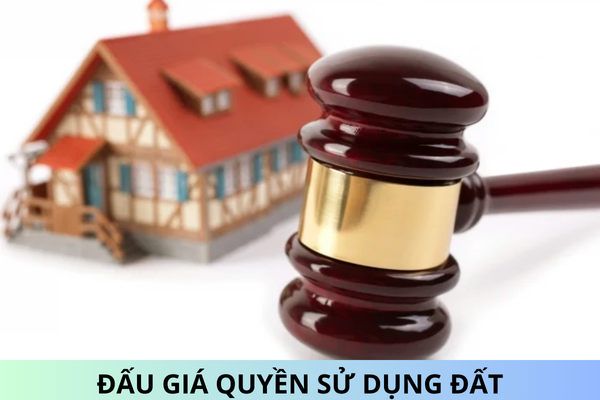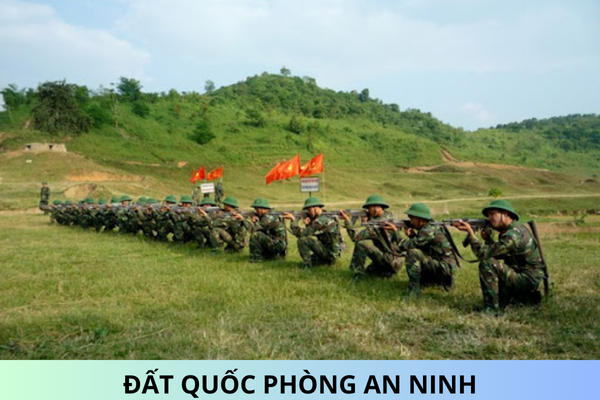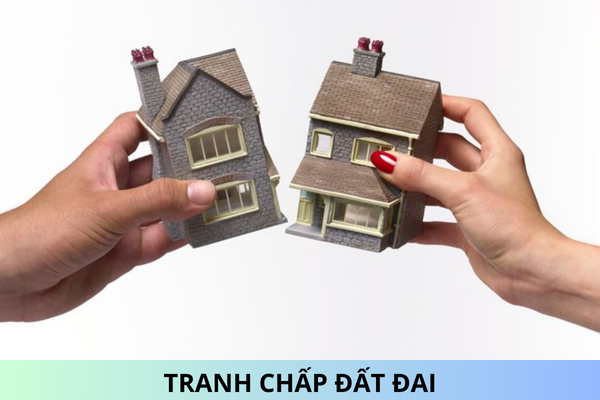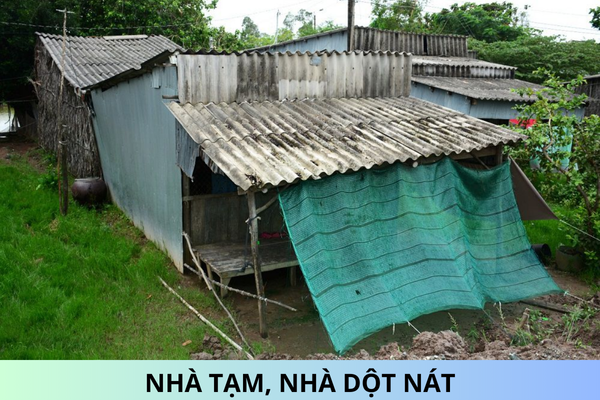In case of entering into a contract in Vietnam, can silence constitute an acceptance?
In case of entering into a contract in Vietnam, can silence constitute an acceptance? Is lending money by oral contract legally valid for lawsuits in Vietnam? Can contract be canceled on transferred land in Vietnam?
In case of entering into a contract in Vietnam, can silence constitute an acceptance?
Hello, may I ask if one of the two partners is silent while concluding a contract, will this constitute an acceptance? Looking forward to receiving feedback from you. Thank you.
Answer: According to the provisions of Article 400 of the 2015 Civil Code, time when contracts are entered into is prescribed as follows:
1. A contract is entered into at the time when the offeror receives the reply accepting to enter into the contract.
2. If the parties have agreed that silence shall constitute an acceptance within a time limit, the contract shall also be deemed to be entered into when such time limit has expired.
3. The time when an oral contract is entered into is the time when the parties have reached agreement on the contents of the contract.
4. The time when a written contract is entered into shall be the time when the last party signs the contract or by other forms of written acceptance.
If a contract is entered into orally and then it is made in writing, the time when the contract is entered into shall be determined as prescribed in Clause 3 of this Article.
Therefore, the contract is entered into at the time when the offeror receives the reply accepting to enter into the contract in Vietnam.
In Article 393 of the 2015 Civil Code, the proposal to enter into a contract is accepted when:
1. Acceptance of an offer to enter into a contract means a reply by the offeree to the offeror accepting the entire contents of the offer.
2. The silence of the offeree shall not mean an acceptance of the offer to enter into the contract, unless it is agreed upon or habit established by the parties.
Therefore, the silence of the offeree shall not mean an acceptance of the offer to enter into the contract, unless it is agreed upon or habit established by the parties in Vietnam.
Silence is considered acceptance of the offer to enter into a contract if it falls into one of the following cases:
- When there is an agreement between the parties to consider the silence of the party receiving the offer to enter into a contract as acceptance of the entire offer;
- According to the regularly established habits of the parties, there is no need for a reply.
At the same time, according to judicial practice, silence is a sign of acceptance of entering into a contract if the following factors are present:
- The silent party knows the other party is fulfilling its obligations in the contract but does not object;
- The silent party has fulfilled its obligations to the other party;
- Be silent during the contract signing process but then request the other party to perform the contract.
Therefore, the silence of the party receiving the offer to enter into a contract does not automatically mean acceptance of the offer to enter into a contract in Vietnam.

Is lending money by oral contract legally valid for lawsuits in Vietnam?
I lent my uncle 150 million when I asked for the loan with my grandmother, father, and mother as witnesses but without any documents. I want to ask if I sue when my grandmother dies, will I be able to claim the above money? Please advise. I would like to thank you!
Answer : According to Article 119 of the 2015 Civil Code, regulations on the form of civil transactions are as follows:
1. A civil transaction shall be expressed verbally, in writing, or through specific acts.
Civil transactions by way of electronic means in form of data messages prescribed in law on electronic transactions shall be deemed to be written civil transactions.
2. In cases where it is provided for by law that a civil transaction must be expressed in writing, notarized, authenticated, registered or permitted, such provisions must be complied with.
The law stipulates that the loan transaction between you and your uncle is a civil verbal transaction in Vietnam, it gives rise to the obligations of both parties after you lend your uncle 150 million VND.
The civil transaction between you and your uncle has been established. After the term expires, your uncle needs to repay the money you borrowed. If the payment deadline is exceeded, you can write a lawsuit to the District Court where your uncle is residing to request this person to fulfill the debt repayment obligation in Vietnam.
Can contract be canceled on transferred land in Vietnam?
I have a piece of land and have made a contract to transfer land use rights with the seller. The contract has been notarized and transferred to my name in the land use rights certificate. Currently, the seller does not want to sell the land anymore and wants to cancel the contract. Please tell me what to do now. I don't want to cancel because it was transferred to my name.
Answer : According to the Land Law 2013: Certificate of land use rights and ownership of houses and other land-attached assets is a legal certificate in which the State certifies the lawful land use rights and ownership of houses and land-attached assets of the person who has land use rights and ownership of houses and land-attached assets.
Article 122 of the 2015 Civil Code stipulates:
Civil transactions which fail to satisfy any one of the conditions specified in Article 117 of this Code shall be invalid.
Specifically as follows: Civil transactions are invalid due to deception, threats, or coercion
Any party entering into a civil transaction as a result of deception, threat or compulsion has the right to request a court to declare such transaction invalid.
Deception in a civil transaction means an intentional act of a party or a third person for the purpose of misleading the other party as to the subject, the nature of the entity or contents of the civil transaction which has caused the other party to enter into such transaction.
Threat or compulsion in a civil transaction means an intentional act of a party or a third person which compels the other party to conduct the civil transaction in order to avoid danger to the life, health, honor, reputation, dignity and/or property or that of its relatives.
If you have completed the name transfer procedure and issued a certificate, you are the owner. Here, the performance of the contract is voluntary in Vietnam. If there is no element of deception or violation, the seller has no right to cancel the contract.
Best regards!










